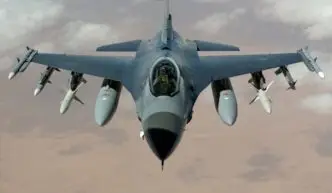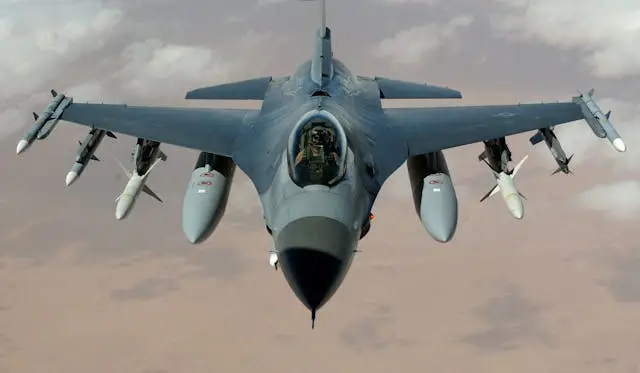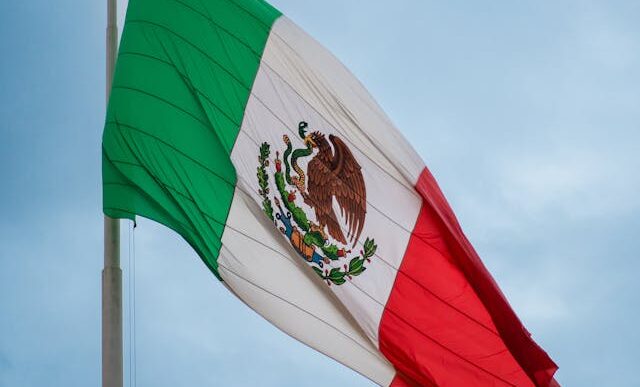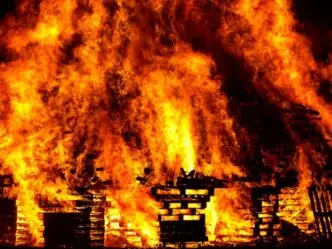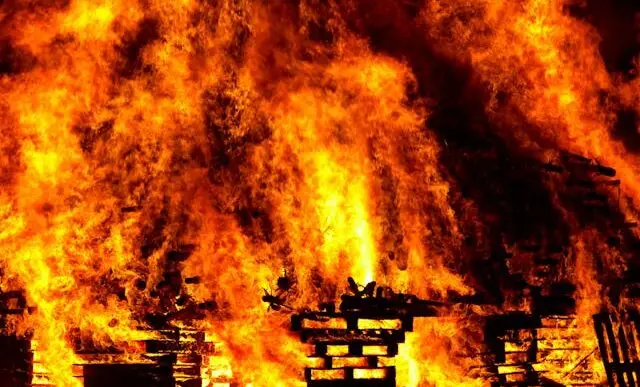Hezbollah Spokesman Falls in Israeli Strike in Central Beirut; Gaza Airstrikes Claim 30 Lives
An Israeli strike in the heart of Beirut has claimed the life of the chief spokesman for Hezbollah, the Lebanon-based militant group. This incident, the latest in a series of targeted attacks against senior Hezbollah officials, underscores the escalating tension in the region. Meanwhile, further south in Gaza, Israeli airstrikes have resulted in a death toll of at least 30, marking a grim day in the ongoing conflict between Israel and Palestine.
A Long-Standing Conflict
The Hezbollah militant group, founded in the 1980s during the Lebanese Civil War, has been locked in a protracted conflict with Israel for decades. Born out of resistance to the Israeli occupation of southern Lebanon, Hezbollah has grown into a significant military and political power, causing ongoing concern for Israeli security. The recent targeted killing of its chief spokesman in central Beirut, an area not traditionally subjected to such attacks, signals a potential escalation in the Israeli-Hezbollah conflict.
Details of the Beirut Strike
Details are still emerging about the strike in central Beirut that took the life of the Hezbollah spokesman. Early reports suggest a precision attack, indicating a high level of intelligence and planning. The attack’s location, in the bustling heart of Beirut, far from the traditional conflict zones along the Lebanon-Israel border, raises questions about a potential shift in Israel’s approach to dealing with Hezbollah.
Expert Perspectives
To gain a better understanding of the significance of this event, we spoke with Dr. James Morrell, a Middle East expert and professor of Political Science at Harvard University. “This represents a significant escalation on Israel‘s part,” Morrell noted. “Striking in central Beirut, far from the usual conflict areas, sends a strong message to Hezbollah and its supporters.”
Dr. Morrell also highlighted the likely implications of the strike. “The killing of the chief spokesman, a prominent figure within Hezbollah, will likely further inflame tensions and could lead to retaliatory actions. This incident is sure to have a ripple effect throughout the region,” he added.
Analysis of the Gaza Airstrikes
Meanwhile, in Gaza, Israeli airstrikes have resulted in a tragic loss of life, with at least 30 reported dead. These airstrikes, part of an ongoing conflict between Israel and Hamas, the governing authority in Gaza, contribute to an increasingly volatile situation in the region.
According to data from the United Nations Office for the Coordination of Humanitarian Affairs, these latest airstrikes bring the total number of Palestinians killed in Gaza by Israeli action in the past year to over 200. These figures underscore the devastating human cost of this continuing conflict.
The International Response
The international community has been quick to respond to the day’s events. The United Nations Secretary-General expressed “deep concern” over the Beirut strike and the rising death toll in Gaza, calling for “an immediate cessation of hostilities.” Similarly, the European Union, has issued a statement urging all parties to “show restraint and avoid any further escalation.”
Bottom line
The targeted killing of Hezbollah’s chief spokesman in Beirut and the deadly airstrikes in Gaza mark a violent and tragic day in the ongoing conflict between Israel and its adversaries. As tensions continue to escalate, the international community watches with increasing concern, urging all involved parties to seek peaceful resolutions. The coming days will be crucial in determining the potential repercussions of these events and the future course of this longstanding conflict.

